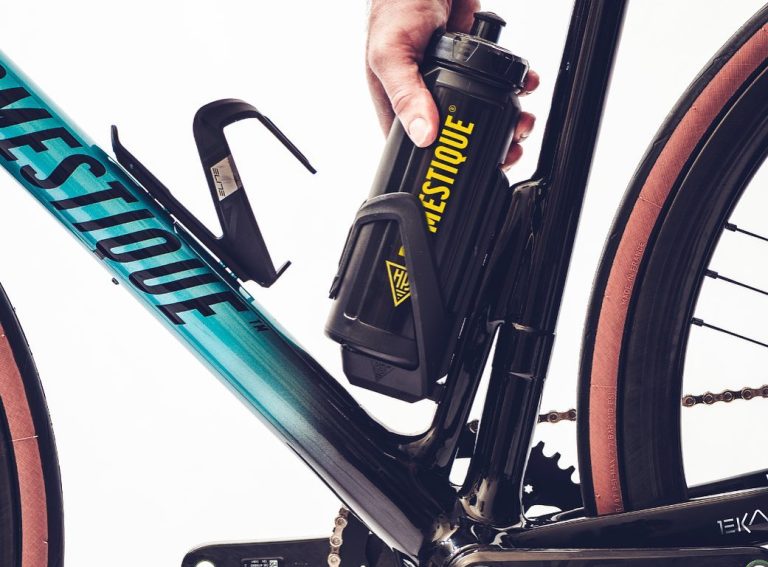Image Credit: Consumer Technology Association (CTA)®
Thousands of visitors descend to Las Vegas this week for a first-hand look at some of the world’s most breakthrough technologies. Yes, the Consumer Electronics Show 2025 (CES) has begun. Hosting more than 4,000 exhibitors from around 160 countries, CES unites the entire tech landscape to demonstrate how disruptive innovators can solve some of the world’s most pressing challenges.
With day one complete, we take a look at three tech mobility innovations that stood out for us.
Wamo

What it is: Turkish e-scooter manufacturer Hergele has taken its lessons from micromobility to develop a warehouse vehicle that boosts operational efficiency by 75%. Named ‘Wamo’, Hergele’s warehouse mobility innovation is an order picker that requires 15 minutes of training, costs less than automated solutions, and decreases the number of daily steps taken by workhouse staff by up to 96%. During a testing period with Turkish retail giant Migros, Wamo reduced picking time of its workers from 29 minutes to seven.
Why it matters: Wamo is designed to offer automation-level efficiency without the required hefty investment. “This represents more than a vehicle – it’s a paradigm shift. In an industry dominated by two extremes—manual processes or full automation—Wamo creates a middle ground,” Hergele Mobility Co-Founder Lal Polater tells Zag Daily. By increasing financial accessibility and offering a Return on Investment (ROI) of six to nine months, Wamo can help warehouses replace their outdated gas-powered forklifts to efficient, environmentally-friendly logistics vehicles.
Azoth

What it is: French mobility analytics company Entropy has invested four years of research into its AI fleet management platform Azoth. The aim? “To transform fleet management into an exact science,” says CEO and Co-Founder Sami Kraiem. Using a proprietary AI model, Azoth uses real-time data such as vehicle geolocation, weather, trip history and local events to predict user demand and station needs 24 hours ahead of time. It doesn’t stop there – with a claimed 98% accuracy, Azoth can state exactly when and where a parking spot will become available in just five minutes.
Why it matters: Arguably one of the most pressing challenges for shared micromobility today is anticipating user demand. “20% of shared bike stations are empty when needed while others remain underutilized,” Sami says. “At the same time, on-demand mobility services are missing up to 40% of clients per station each day. These inefficiencies are costly for operators and frustrating for users.” Reducing uncertainty by up to 73%, Azoth’s predictive AI model lets operators know exactly how many users will be at a station, when they’ll arrive, and where they should allocate their resources to meet demand with the aim of enhancing user satisfaction and maximising profitability. “In short, each journey is transformed into a perfect economic operation.”
Segway’s Xyber and Xafari e-bikes

What it is: Global micromobility giant Segway has showcased its first two e-bikes set to disrupt the US market. Available in Q1 2025, the Xyber has a range of 112 miles, 12 levels of pedal-assist, and three different riding modes. The Xafari can cruise for 88 miles and, like its counterpart, is packed with smart technology to accommodate riders of all skill levels and ages.
Why it matters: The US is arguably considered to be one of the least bicycle-friendly countries in the world. “With the introduction of our new e-bikes, Segway is thrilled to offer a product that aligns with the evolving transportation needs of the US market,” Head of E-bike at Segway Nick Howe says. “By offering a seamless blend of performance, comfort and cutting-edge technology, we are confident that our e-bikes will inspire more people to explore greener, healthier ways to get around.” In other news, the micromobility giant also announced at CES that it’s been recognised as the “global No.1 brand of electric kick-scooters” in terms of worldwide sales value in 2023.



